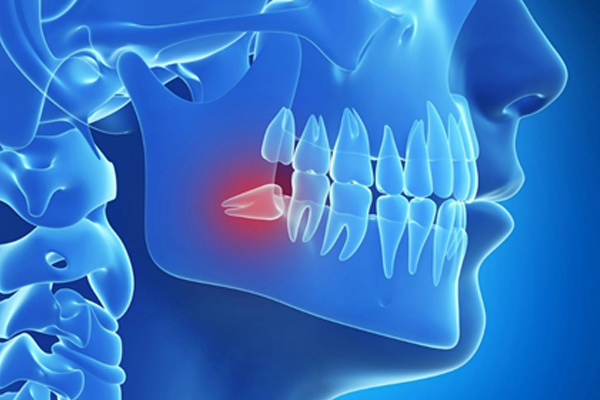Working Time
- Mon-Sat 09:00 – 19:00
Sunday Closed
Contact Info
-
Phone: +90 533 040 7207
Ask the Experts
Wisdom Tooth Extraction

At Vivi Clinic, we consider tooth extraction as the last resort for our patients. Before deciding to remove a tooth, we thoroughly evaluate your oral health to ensure that it is the best solution for your specific situation.
One of the most common types of tooth extraction is the removal of wisdom teeth. Wisdom teeth, also known as third molars, typically erupt in our late teens or early twenties.
While not all wisdom teeth require extraction, it is often the recommended course of action for many patients. Wisdom tooth extraction can help prevent issues such as overcrowding and other dental problems, especially when performed before the wisdom teeth fully erupt.
During your examination at Vivi Clinic, our experienced team will carefully assess your smile and discuss the potential benefits of wisdom tooth extraction. We will work together to determine if this procedure is the best option for your oral health and overall well-being.
Why Remove Wisdom Teeth?
Wisdom tooth removal can indeed be beneficial for many patients, especially if they are experiencing certain symptoms. If you are experiencing any of the following symptoms, it may indicate that wisdom tooth removal is the best treatment for you:
- Severe pain near the back of the mouth: Wisdom teeth that are impacted or partially erupted can cause significant pain and discomfort, especially in the back of the mouth.
- Gum inflammation and irritation: Wisdom teeth can often lead to gum inflammation and irritation, which can cause discomfort and difficulty in maintaining proper oral hygiene.
- Cavities forming in the back molars due to difficulty cleaning with wisdom teeth: Wisdom teeth are located at the back of the mouth, making them challenging to clean properly. This can result in the formation of cavities in the adjacent molars.
- Lesions or cysts formed by the wisdom teeth: In some cases, wisdom teeth can lead to the development of lesions or cysts in the surrounding tissues, which can cause pain and potential complications.
- Wisdom teeth pushing on nearby teeth: If the wisdom teeth are exerting pressure on the adjacent teeth, it can lead to misalignment, crowding, or other orthodontic issues.
If you are experiencing any of these symptoms, it is important to consult with our team at Vivi Clinic. We will evaluate your specific situation and determine if wisdom tooth removal is the best treatment option to alleviate your symptoms and maintain your oral health.
You are correct that wisdom teeth, when fully erupted, can cause various issues such as overcrowding, tooth decay, and damage to nearby teeth. However, it is not always necessary to wait until the wisdom teeth have fully erupted to consider their removal.
By evaluating dental x-rays and conducting a thorough examination, our dental experts at Vivi Clinic can assess the position and alignment of your wisdom teeth. This allows us to determine if wisdom tooth removal is the appropriate course of action for you, even before they fully emerge.
Taking proactive measures to remove wisdom teeth before they cause complications can help prevent future dental problems and maintain your oral health. Our team will carefully analyze your dental x-rays and discuss the potential benefits of wisdom tooth removal based on your individual circumstances.
If it is determined that wisdom tooth removal is the right choice for you, we will provide you with the necessary information and guidance to ensure a smooth and comfortable procedure. Your well-being and oral health are our top priorities at Vivi Clinic.
Aftercare Following Wisdom Tooth Extraction
Aftercare following wisdom tooth extraction is crucial for proper healing and minimizing discomfort. Here are some general guidelines to follow:
- Bite on a gauze pad: Bite down gently on a gauze pad placed over the extraction site to control bleeding. Replace the gauze as needed until the bleeding stops.
- Take prescribed medication: If your dentist has prescribed any pain medication or antibiotics, take them as directed to manage pain and prevent infection.
- Apply ice packs: To reduce swelling, apply ice packs to the outside of your face in the area of the extraction site. Use them for 10 minutes on, then 10 minutes off, for the first 24 hours.
- Rest and avoid strenuous activities: Take it easy for the first few days after the extraction. Avoid activities that may increase bleeding or disrupt the healing process.
- Eat soft foods: Stick to a soft food diet for the first few days, gradually reintroducing solid foods as you feel comfortable. Avoid hot, spicy, or hard foods that can irritate the extraction site.
- Keep the area clean: Gently rinse your mouth with warm saltwater after 24 hours to keep the extraction site clean. Be careful not to rinse too vigorously, as it may dislodge the blood clot.
- Avoid smoking and drinking through a straw: Smoking and using a straw can dislodge the blood clot and delay healing. Avoid these activities for at least 24 hours.
- Maintain good oral hygiene: Brush your teeth gently, avoiding the extraction site. Be cautious not to disturb the blood clot. Resume flossing after a few days, but avoid the extraction site.
- Follow post-operative instructions: Your dentist will provide specific post-operative instructions tailored to your situation. Follow them carefully for optimal healing.
If you experience severe pain, excessive bleeding, swelling, or any concerns following the extraction, contact our support team for further guidance and assistance. They will be able to provide you with the necessary support during your recovery period.

